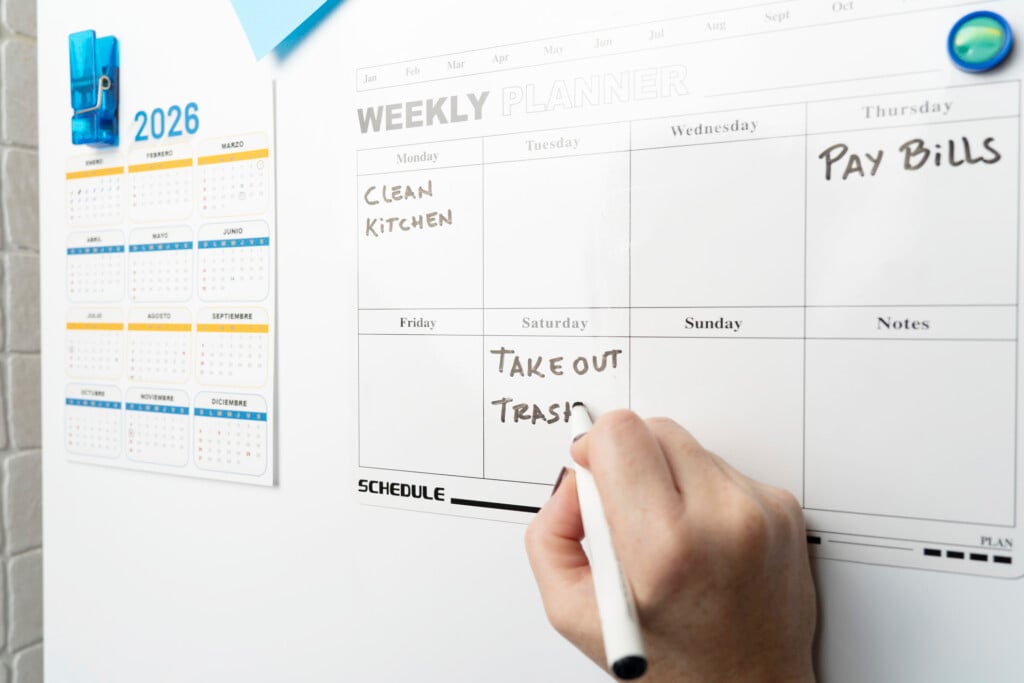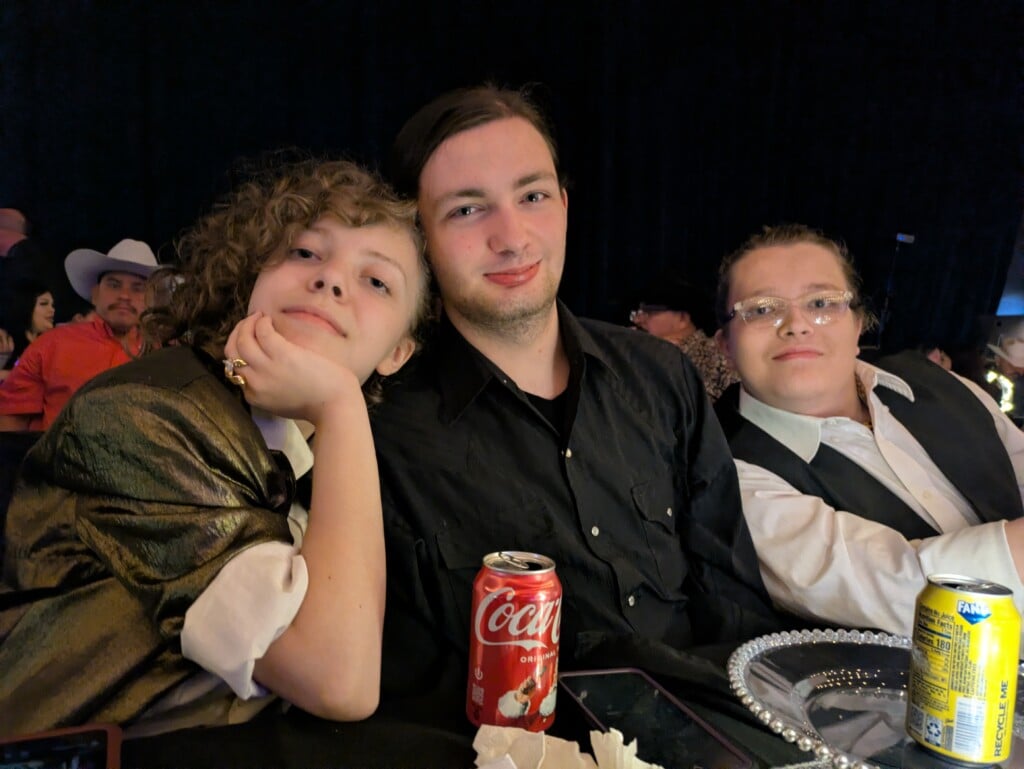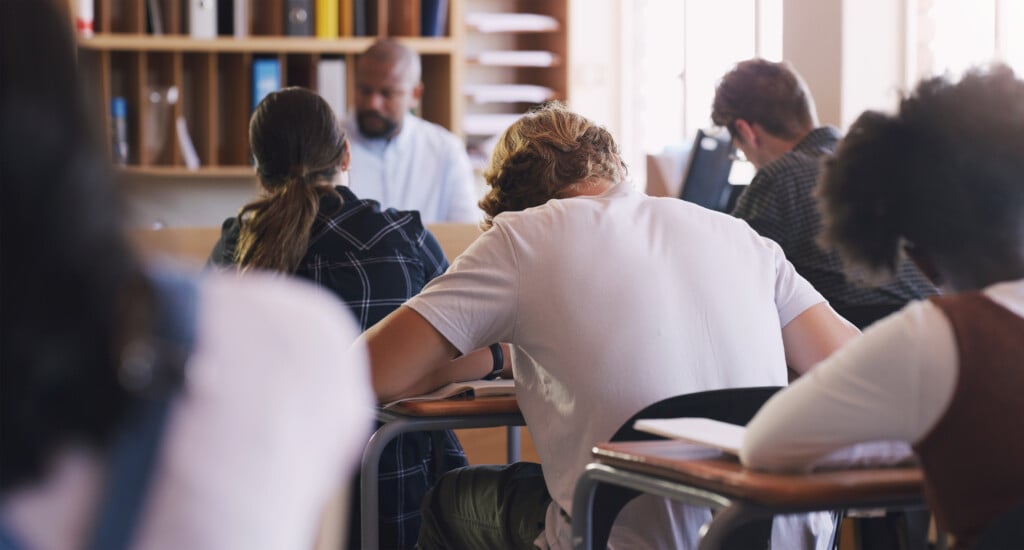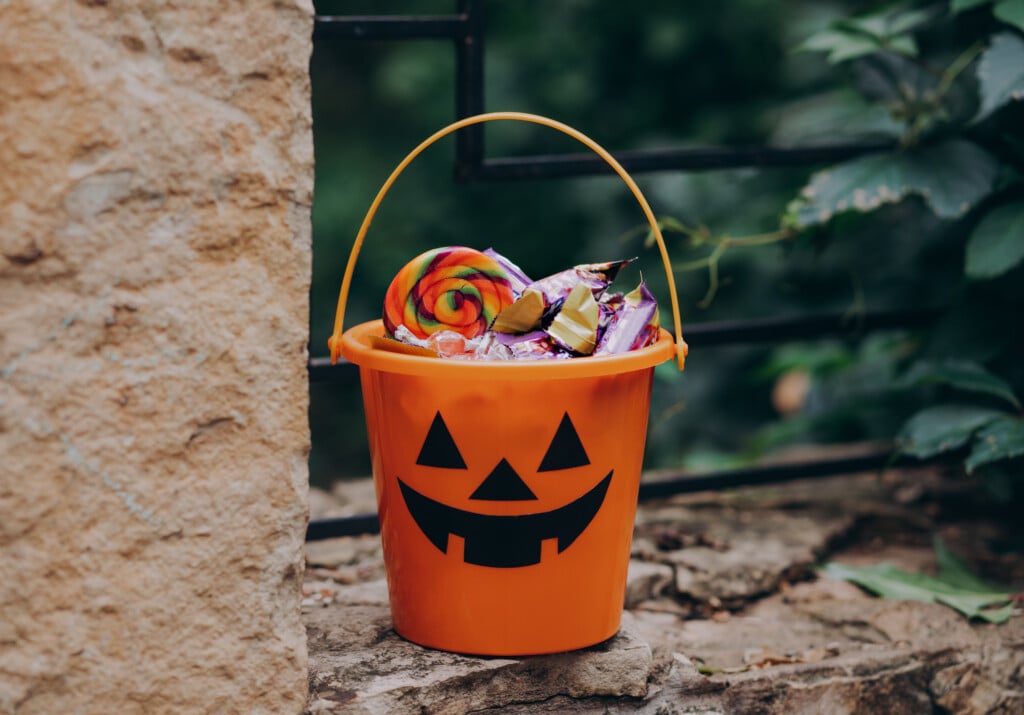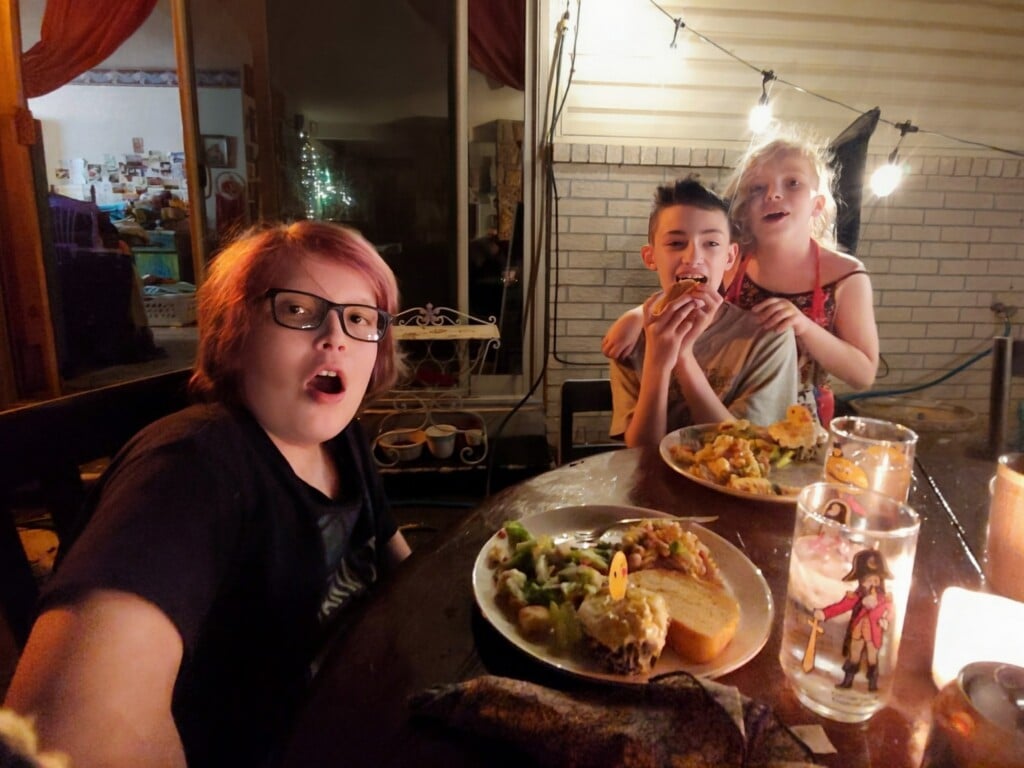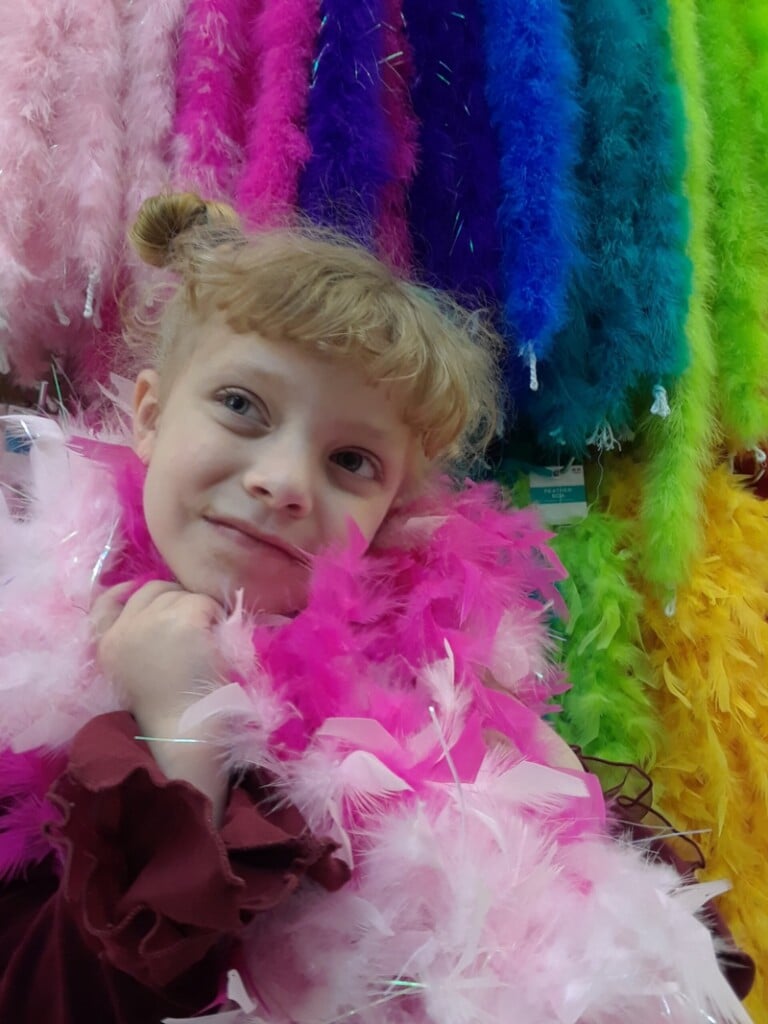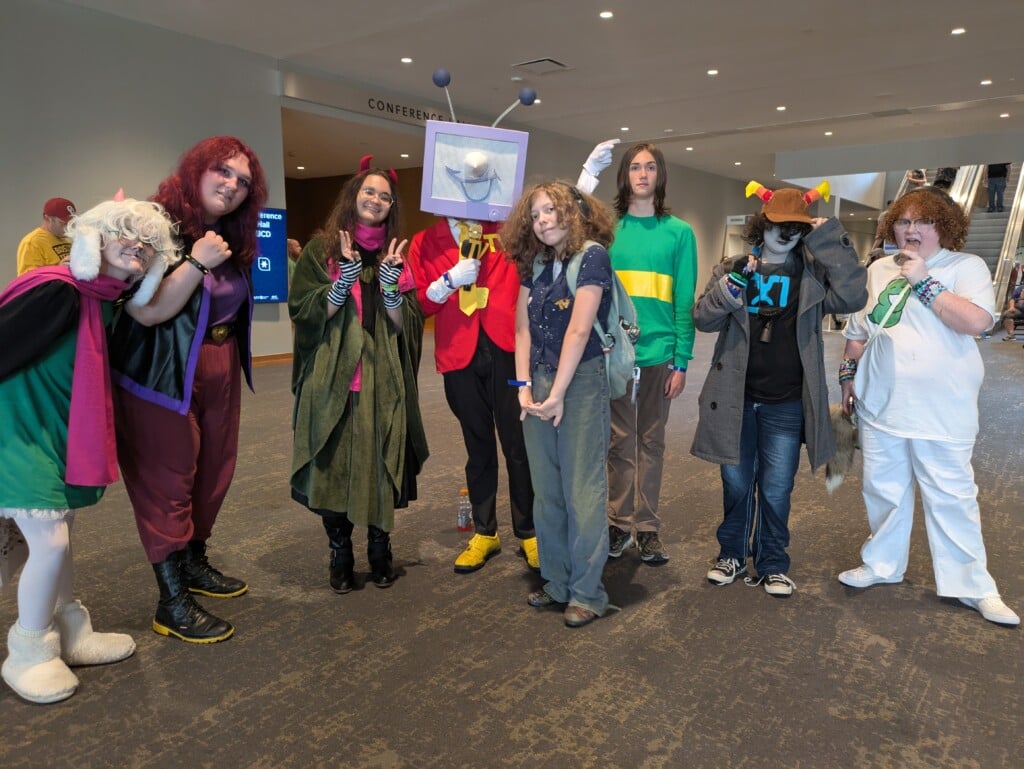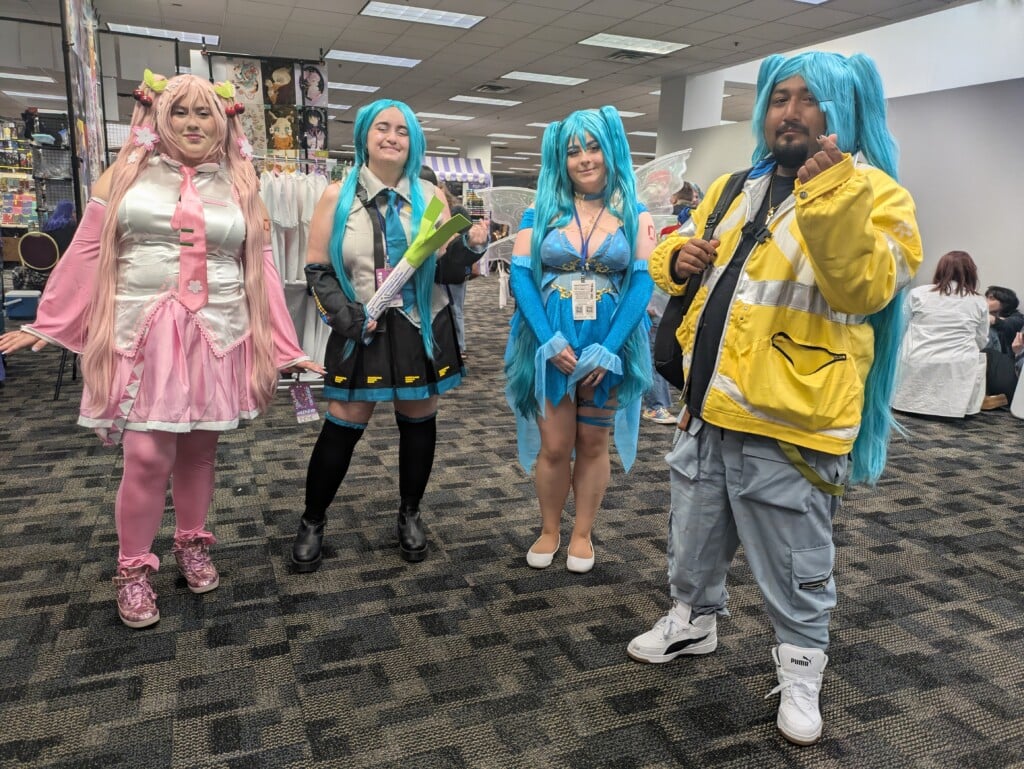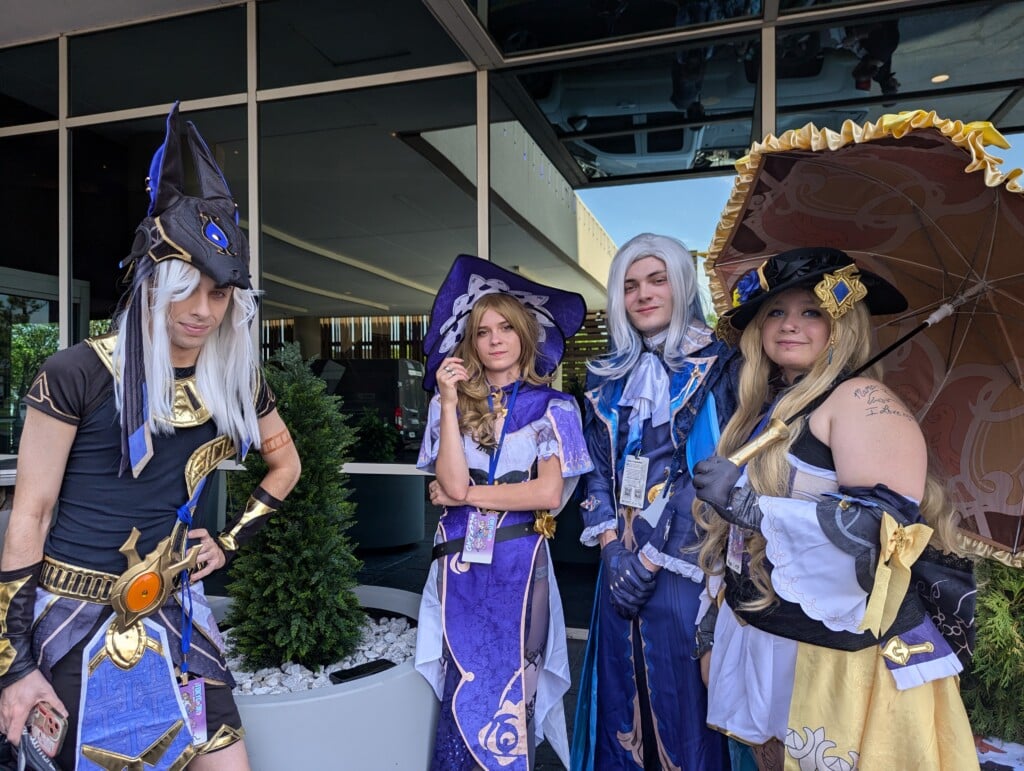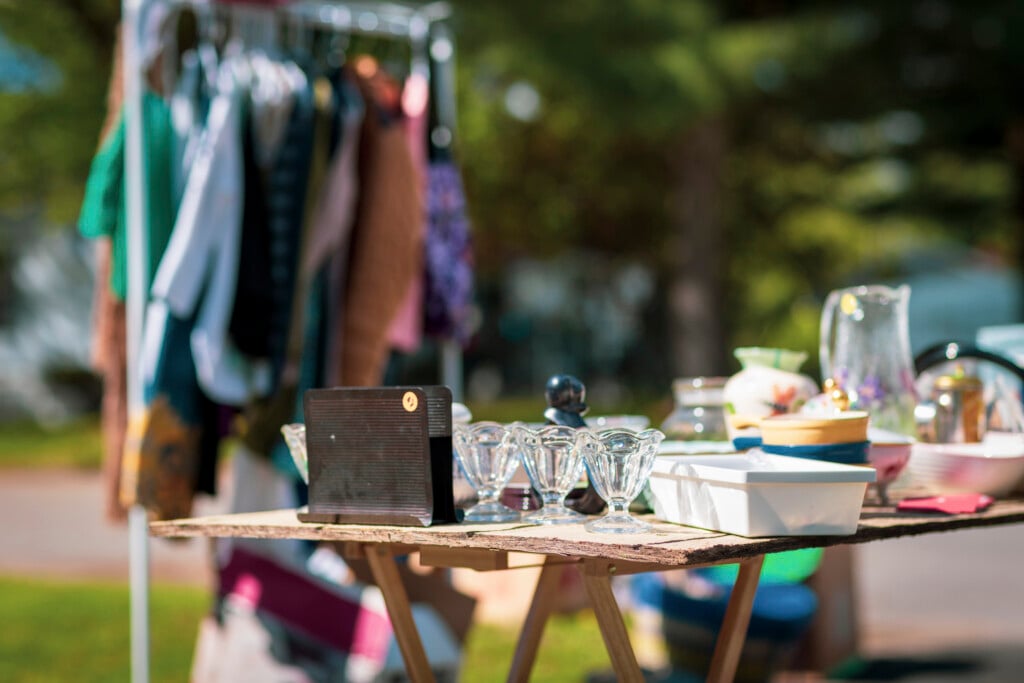Finding Empathy Past the Election
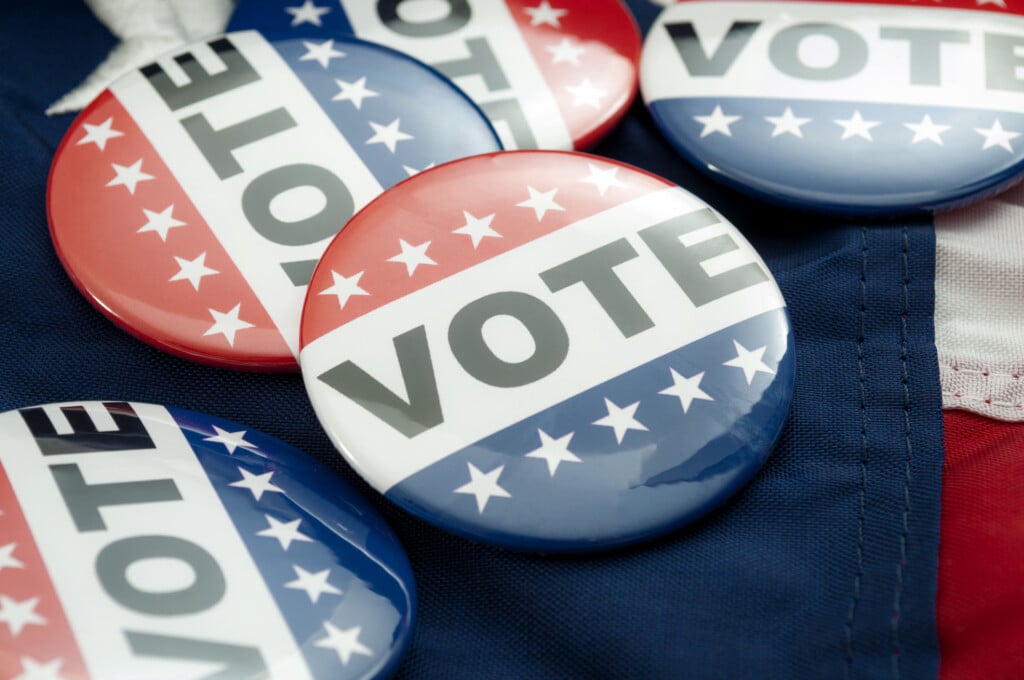
Sometimes it’s hard for me to believe I used to go around thinking that so many people around me were evil or going to hell when they died. I grew up in a doctrine that warned against building relationships with the “worldly,” as they could lead you onto a path of sin, and believed telling people they were hellbound was one of the kindest things you could do.
I knew better than them because I had the real truth, the only truth. I was walking a righteous path, and I needed to bring them onto that path no matter what they thought of me for confronting them.
Today, my heart aches with guilt and shame as I remember the middle school girl who told a very sweet Buddhist classmate who had only ever been kind to me that he was going to hell for his beliefs and for loudly proclaiming that God hated homosexuality anytime the subject came up.
I got a taste of my own medicine when a good friend I met in high school, someone I’m friends with to this day as a matter of fact, told me he feared I was going to hell because my brand of fundamentalism believed that once you’re saved by grace with repentance and what we called the Sinner’s Prayer, you’re always saved. His faith taught that salvation must be continually renewed through prayer and repentance. Accidentally die while committing a sin? Well, you’re pretty dunzo.
As I reflect on my experiences and relationships, I am increasingly grateful for the people who heard me saying those words that, although I believed them to be well-intended, were so deeply hurtful to people whose compassion and empathy I had done nothing to earn. But it was because of those patient and undeservingly empathetic neighbors, schoolmates, friends, and coworkers that I eventually came to realize how warped my perception of them had been. It was only through connecting with people outside of my social and cultural bubble and humanizing them that I came to challenge my deeply ingrained worldview.
This isn’t meant to be a reflection on my deconstruction from fundamentalism. Rather, it’s meant to contextualize my reasons for trying to work on how I treat others who believe differently than me politically, spiritually, and philosophically. Because these days, I’m becoming increasingly convinced that we’re far too isolated from people who don’t share our views.
A Lesson in Empathy
I recently came across a New Yorker documentary highlighting a public defender who defends a lot of J6 clients. The 40-minute video follows attorney Heather Shaner, who was personally enraged by the insurrection, through the process of representing two clients.
I didn’t expect to, but I spent a good deal of the video either in tears or on the verge of them as Shaner broke down the importance of empathy in representing these clients. She quickly learned that the only way to get them a fair trial was to start by listening and trying to understand who they are, what was going on in their life at the time of the insurrection, and what their head space was like.
Without going too far into it, one of them is a deeply lonely — and honestly, very sweet — young man with severe internet addiction whose entire reality is the people he connects with online. The other was a woman with a troubled relationship with an ex and a bitter custody battle who poured herself into a world where she felt like a hero.
It’s a nuanced and complicated situation, certainly far more than I had realized before really looking into it. Intent versus impact is an important part of this conversation, but so are things like social isolation and vulnerability. When representing these folks, Shaner doesn’t excuse their actions; instead, she works to help them accept accountability while carving out a life that’s healthier for themselves, their families, and their communities. Her strategy doesn’t always work, but it matters that it works more than you might think.
I’ve also begun to realize, in this middle season of my life, that people are often struggling with things we can’t see. Again, that’s not an excuse, but rather an asterisk. Hurt people hurt people, as the saying goes.
As I reflect on my own relationship with this complicated, divisive post-internet zeitgeist we are all immersed in, I have had to come to terms with the fact that I have begun to lose my empathy, my ability to see the complex story behind why people might say and do things that seem extreme or even radical to me.
As it is for most of us now, it’s personal: I’ve had people I believed once were dear friends suddenly start posting memes that attacked my beliefs, my LGBTQ friends and loved ones, my political views. When I tried to talk about it, show that hey, you’re talking about your friends here, they cut me off. And it hurt deeply — the idea that we could just erase each other from our lives is almost too much to bear. And yet, just as I’ve heard from many other folks, it has happened several times since 2015.
Why I Stopped Posting Political Content on Social Media
I don’t really know when I stopped posting political content online. But there came a day when I realized that my relationship with social media had basically become equal parts happy content and doomscrolling. Some days, the doomscrolling outweighed the happy things — the cute kid pics, the Star Trek memes, the cat posts. Some days, I started to long for the days when people posted pics of their food every time they went out. And I realized as bad as it made me feel to see all this negative content, it had to be doing the same for some of my friends and parasocial connections when I posted it.
And it wasn’t accomplishing anything. Most of my friends already agreed with me. To those who didn’t, these types of posts weren’t going to change their minds. If anything, they were adding bricks to the invisible wall between us, the wall that was making them start to see me and people like me not as their neighbor but as a faceless other — the type of person extremists had been warning them about. And some of my content was, through my own lack of insight, causing those folks to feel like I thought they — or at least people with their beliefs — were stupid, intentionally cruel, or lesser than. Worse, I think sometimes that might have been at least a little bit true.
I’ve also become more sensitive to how truly divisive the ecosystem of online information via social media can be. Around 2015, a relative of mine started to go down a conspiracy theory rabbit hole that explicitly vilified people with outside political beliefs. It was alarming — the things they started to post online at one point teetered from hate speech to borderline delusional. A few of us kept trying to get through to them, but we reached a point where we realized there was nothing to do but let them know we were here for them. And then one day, they started to come back from the brink. At one point, they even apologized, admitting they had been in a dark place.
I can’t stop that from happening again — in fact, I’m sure it’s not the last time someone I know will go through it. But I can, for my part, choose to contribute to a more mentally healthy social media culture. That’s not to say that I’m perfect — but heaven knows I’m trying.
Breaking Down Walls
It’s important to protect yourself in whatever way you need to, and sometimes that means disconnecting from people who are negatively affecting you psychologically. And when I talk about finding a way to connect, I’m not talking about the folks who get on a stage and actively promote hateful rhetoric or policies that take away human rights.
I’m talking about the high school friend who thinks your concerns about a certain legislative policy are hyperbolic, the grandparent whose steady diet of misinformation has led them to believe kids are demanding litter boxes in schools. People who would probably have more common ground with folks they otherwise disagree with online if they could just unplug for a couple of weeks.
More and more, I worry about how our world is making us increasingly disconnected from different points of view. I’m certainly not sure I would have been able to deconstruct from my perceptions of others without being around people who thought differently from me who showed me their humanity in my daily life.
And we truly do have a lot more in common once we cut through the noise.
I spend a lot of time with people whose political beliefs don’t align with mine, although many of them don’t know it until it eventually comes up in the course of conversation.
It’s a lesson I was reminded of recently when, in the midst of an otherwise mundane conversation about daily life, someone I am acquainted with hit me with a pretty strong statement about agnostics. The comment was wrapped up in a lot of assumptions — primarily, the assumption that I, like her, understood them to be quite awful. I don’t think she meant to seem hateful — rather, I think she just didn’t know anything about agnostics. In fact, she was pretty surprised when I told her, “Oh no, actually agnostics are fine — I am one!” and then quickly went back to discussing other, friendlier topics.
I might not have changed her mind completely about agnostics, but now she knows that she knows one — and that the agnostic part isn’t that big of a deal. I’m not an “other;” I’m just a gal who would happily make room at my table for just about anyone who wants to break bread with us (as long as they’re kind).
While it’s not true for everyone — certainly there are some troubled and cruel people out there — I genuinely believe that most people who believe differently about some of these seemingly divisive topics could sit down face to face and find a lot more common ground than we realize. Or at the very least, we could start to see each other more as human beings worthy of compassion, empathy, and connection.
As I reflect on the upcoming election, now less than a week away, I don’t know what will happen. But I think we should be working harder to try to see each other as people and put good things into the world that bring us closer together. We should do it for ourselves, we should do it for our kids. We should do it because the world is better when we see each other as complicated human beings who are capable of growth and in desperate need of connection. No matter what happens next week or in the future, I hope we can find ways to start to break down those walls between us together.
Thanks for reading. Happy Halloween, don’t forget to vote, and may nothing but good vibes come into your little nebula.

